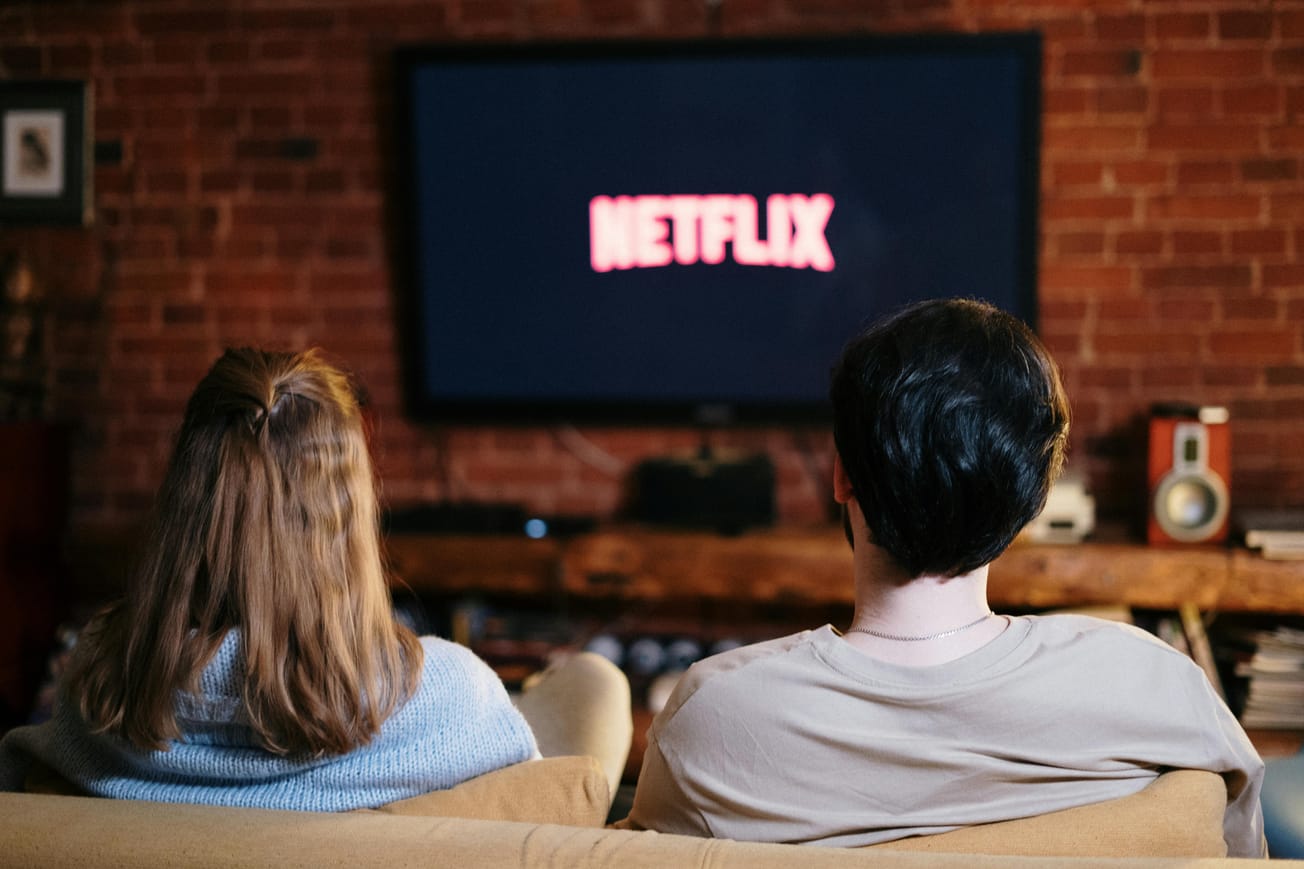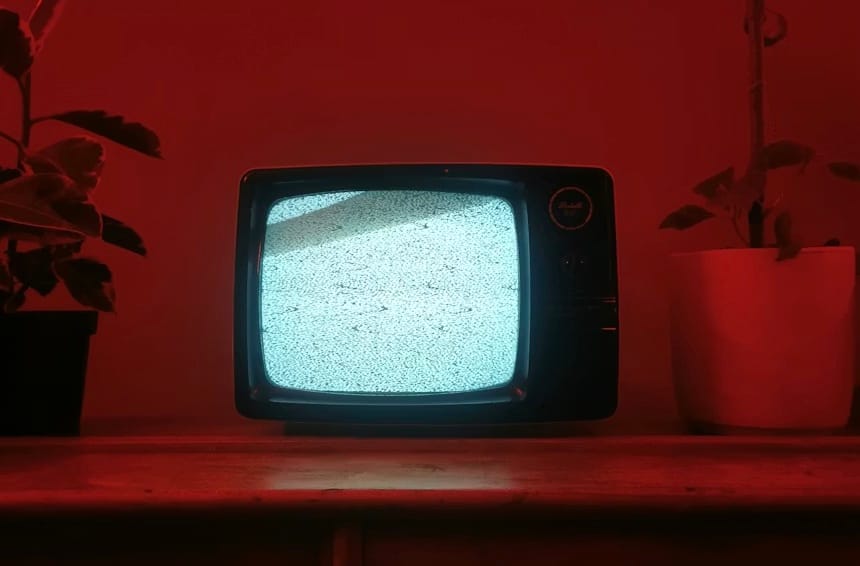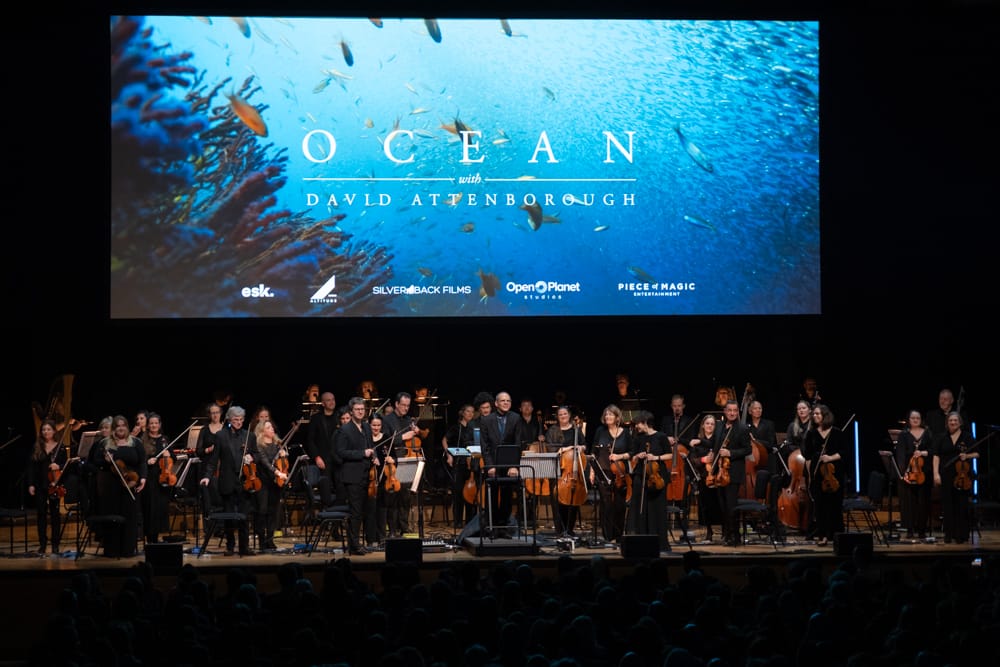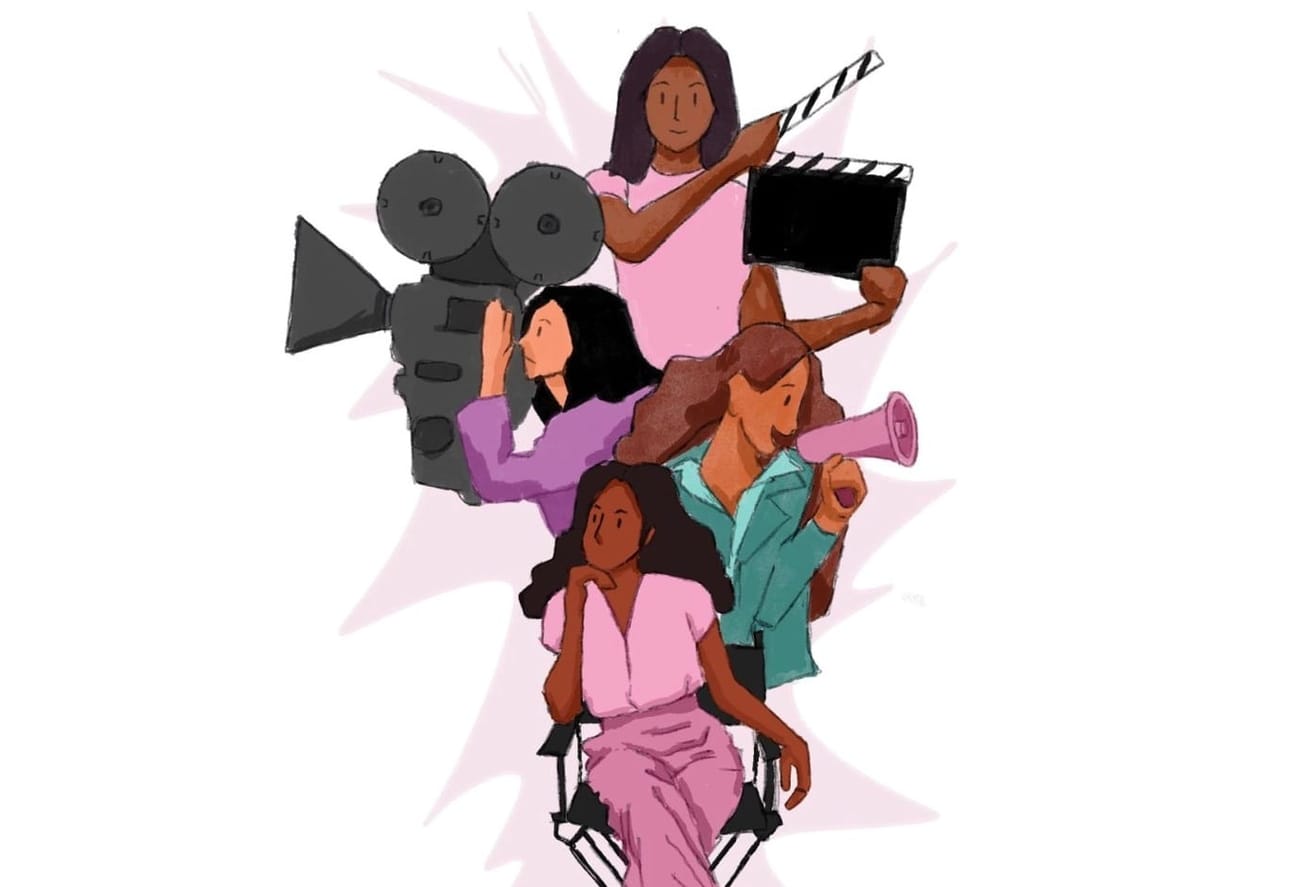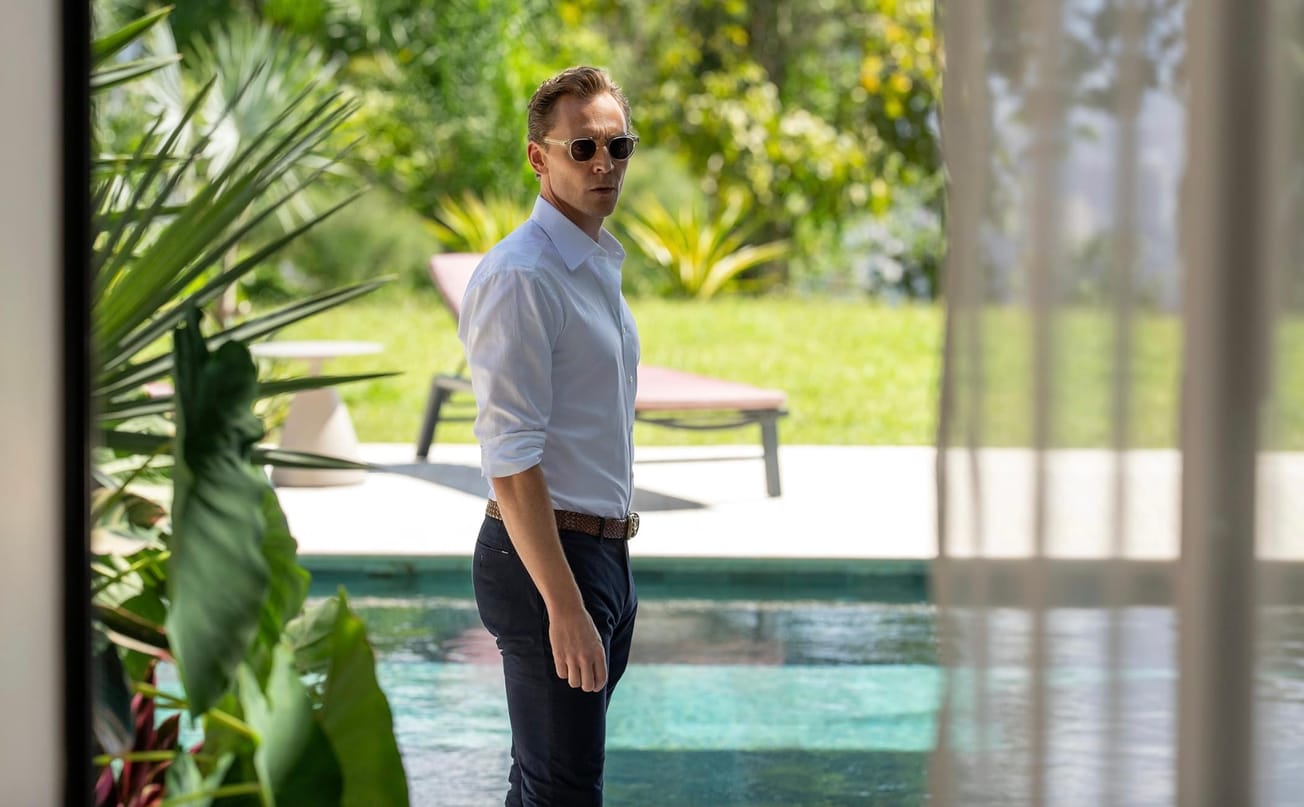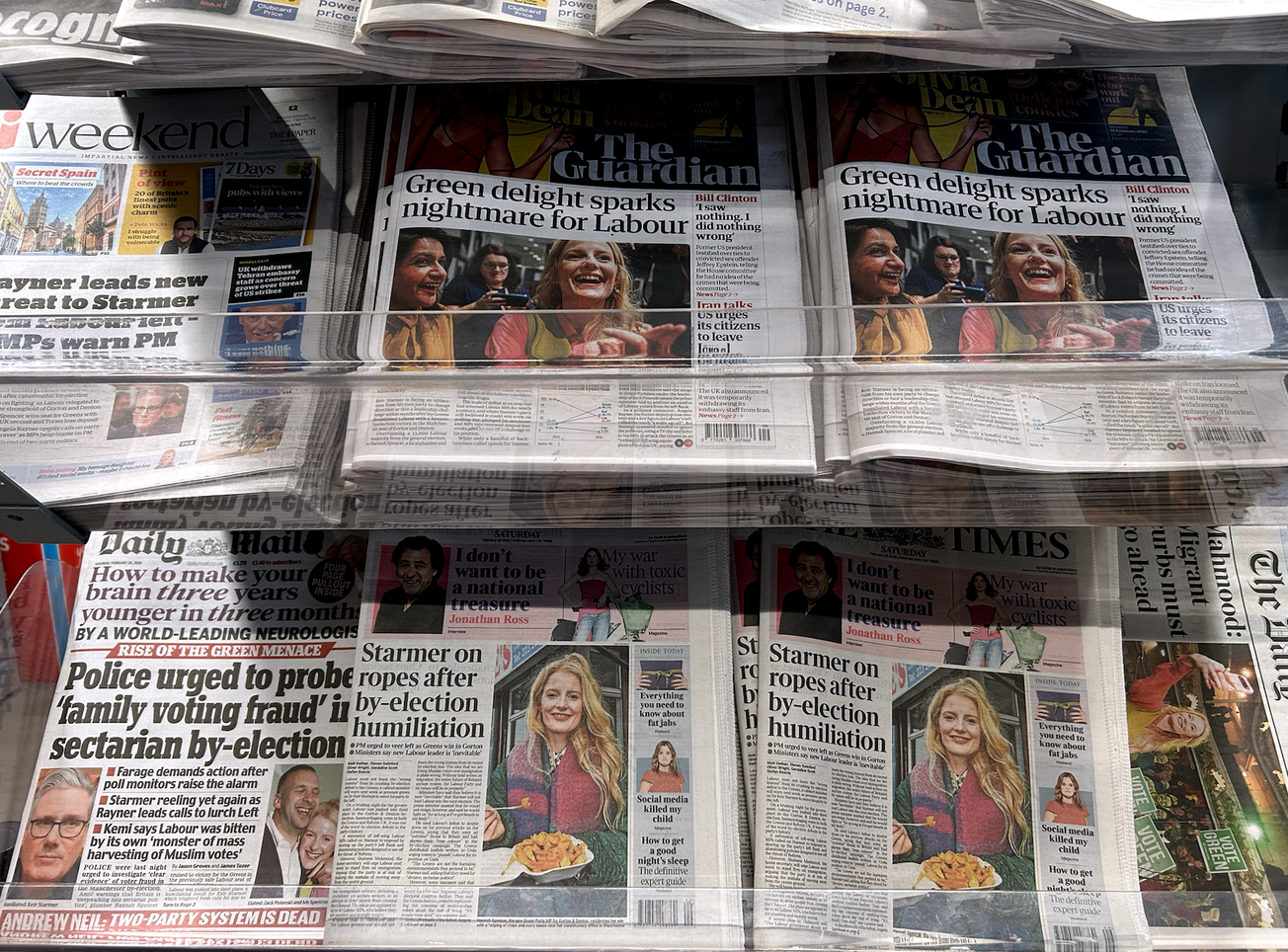By Harry Scott, Second Year, Economics and Philosophy
Not that any of us wanted to see it coming, but society’s (oftentimes self-absorbed) introspection has now pointed its crosshairs at streaming sites. I do not intend to be a mouthpiece for the whole of society, but I suppose I’m giving it my best shot. I’ve found that in the same way a toxic friend’s superficial fun can distract you from life’s turbulence, it seems streaming sites are no different. They are also the type to slowly, subtly drain your energy, and dim your light and yes, keeping your circle small and protecting yourself might mean giving Netflix the boot.
Turning over every stone to check whether everything we come across is doing us good, or constantly making sure to see if things are suddenly making ‘life dull’ has its implications. I am aware of the irony that by writing this, I am partaking in exactly what I intend to critique, that living in a constant state of panic where we re-examine our every behaviour cannot be healthy. Since the pandemic, social media feeds have been draped in ‘top 10 ways to better your life!’ or ‘try my new self-help guide!’. This exposure to these already over-exposed steps to success just seems to be telling us, “No truly, you really do need fixing, you are failing and, yeah, you are in fact totally insufferable”. This is perhaps an exaggeration, but there is no doubt we have been aggressively force-fed this need to better yourself which has frankly become exhausting. So as a disclaimer, if you are fed up of anything even remotely reminiscent to that, best just to close the tab (or, of course, find a ‘helpful self-help’ podcast) .
As the unfortunate beginning of most recent stories go, it is best to start with COVID. Lockdowns reshaped our lives in many ways, particularly the way we watch films. The replacement for the cinema seat was your own sofa and the closest thing to a cinema screen was the laptop screen shining Netflix at you. Film productions paused or had to make-do by releasing films onto streaming services and thus commenced our current familiarisation with this new way of watching films. Initially, technology adapted well to the new needs of society (yadda yadda).

Cut to two years later, our relationship to technology (best shown with social media) now paints a similar image to a demanding baby in a pram crying for their parents. Dopamine and ‘joy’ are bestowed to us by Mother every time we open our phones to supress the outburst that would occur without that soothing feeling from scrolling (I’ve seen it). Whilst it was perhaps needed during the lonely lockdown era, it is not so necessary in a post-reopened society, yet we remain overexposed to these ever abundant sources of dopamine from our tech and social media, which now renders our previous sources of dopamine – our life – useless. We no longer need to go on walks or, in the extreme, converse with friends because Tiktok and Netflix are more than willing to itch that scratch. The way we seek our entertainment, is through ease and comfort it seems, rather than the hardship of leaving the house to go to the cinema.
Admittedly, I understand that pointing out the ills of social media and technology is no longer a novel or interesting discussion. We know, we traded our stories during the pandemic, and we are aware that our relationship to these sites isn’t great and has dulled our lives in ways. But given the UK sold almost 53 million less cinema tickets from 2019 to 2023, it suggests that whatever we traded out was truly given the boot. So, what exactly did we lose?
What has been lost is best explained by Barbenheimer. Whether you dressed up as Barbie, an Atomic Bomb, or God forbid your own clothes to watch this cinematic phenomenon, you unwittingly engaged in the greatest cultural celebration of cinema in recent years. In this period the world turned drastically pink, it was a time that reminded audiences that films are more than their runtime, or a source of pure comfort and ease. Instead, people understood that films have the capacity to inform the zeitgeist and bind communities across the globe. However, it seems we then decided to trade out the excitement of going out with friends and escaping into a new world through the communal experience of cinemagoing, when we decided to let ease reshape the way we watch films. When looking at it from this perspective, it seems like we traded mountains for molehills. Nonetheless, the rarity of moments like Barbenheimer suggests a loss, the success suggests an excitement we still crave - an excitement that most filmmakers are determined to take back.

Cannes Film Festival announced that films produced by Netflix are banned from competing in this prestigious film festival. That means that 3700 Netflix originals are out of the running! This follows from multiple criticisms of the streaming site’s releases, including Steven Spielberg, who has argued that these films aren’t cinema. Critics believe that these films produce superficial storylines meant for passive viewing, which are parasitic to the excitement that should come with cinema. With these stances voiced, there is hope for a return to a pre-pandemic treatment of film.
All in all, yes, our heavy reliance on streaming sites filled a large hole during the pandemic and yes, ease is nice when we want to watch films and switch off from our busy lives. But films are not created as a background whilst we scroll on TikTok, especially when they have the power to inject excitement into our lives with the likes of Barbenheimer. I feel what is needed, which Cannes’ and Spielberg’s stances suggest, is to relegate Streaming Sites to a service not substitutable for cinema - perhaps through preventing their recognition tearing the grandeur, and therefore the excitement, of cinema. In this way, our lives resist the dullness it has of recent been fed, and can fend off these passive, grating, addictive forms of entertainment.
How do you feel about streaming? Is it a boon or a bane?

